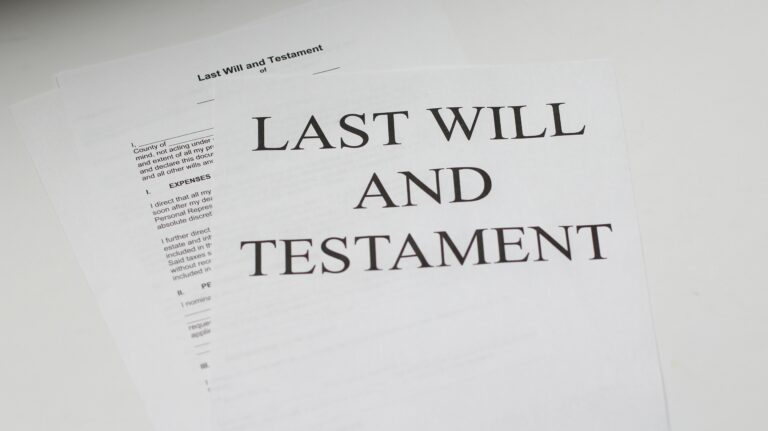
Can You Inherit a House with a Mortgage?
Inheriting a home with a mortgage adds another layer of complexity to settling the estate, as explained in a recent article from Investopedia titled “Inheriting a House With a Mortgage.” The lender needs to be notified right away of the owner’s passing and the estate must continue to make regular payments on the existing mortgage. Depending on how the estate was set up, it may be a struggle to make monthly payments, especially if the estate must first go through probate.
Probate is the process where the court reviews the will to ensure that it is valid and establish the executor as the person empowered to manage the estate. The executor will need to provide the mortgage holder with a copy of the death certificate and a document affirming their role as executor to be able to speak with the lending company on behalf of the estate.
If multiple people have inherited a portion of the house, some tough decisions will need to be made. The simplest solution is often to sell the home, pay off the mortgage and split the proceeds evenly.
If some of the heirs wish to keep the home as a residence or a rental property, those who wish to keep the home need to buy out the interest of those who don’t want the house. When the house has a mortgage, the math can get complicated. An estate planning attorney will be able to map out a way forward to keep the sale of the shares from getting tangled up in the emotions of grieving family members.
If one heir has invested time and resources into the property and others have not, it gets even more complex. Family members may take the position that the person who invested so much in the property was also living there rent free, and things can get ugly. The involvement of an estate planning attorney can keep the transfer focused as a business transaction.
What if the house has a reverse mortgage? In this case, the reverse mortgage company needs to be notified. You’ll need to find out the existing balance due on the reverse mortgage. If the estate does not have the funds to pay the balance, there is the option of refinancing the property to pay off the balance due, if the wish is to keep the house. If there’s not enough equity or the heirs can’t refinance, they typically sell the house to pay off the reverse mortgage.
Can heirs take over the existing loan? Your estate planning attorney will be able to advise the family of their rights, which are different than rights of homeowners. Lenders in some circumstances may allow heirs to be added to the existing mortgage without going through a full loan application and verifying credit history, income, etc. However, if you chose to refinance or take out a home equity loan, you’ll have to go through the usual process.
Inheriting a house with a mortgage or a reverse mortgage can be a stressful process during an already difficult time. An experienced estate planning attorney will be able to guide the family through their options and help with the rest of the estate.
Reference: Investopedia (April 12, 2022) “Inheriting a House With a Mortgage”









